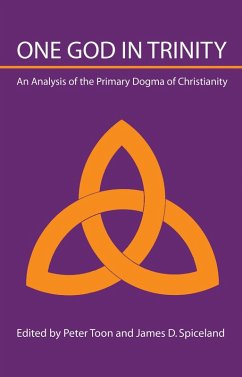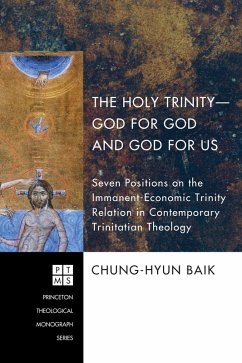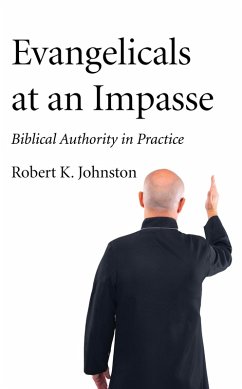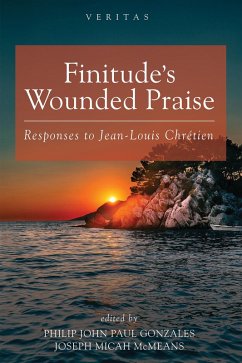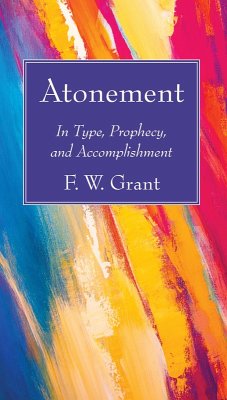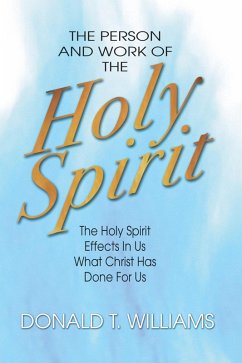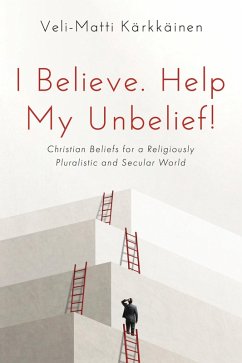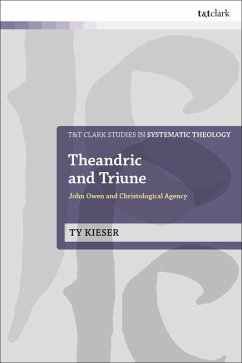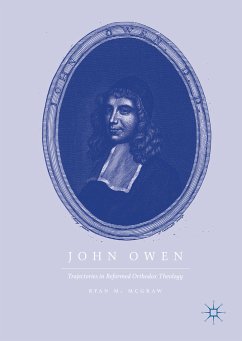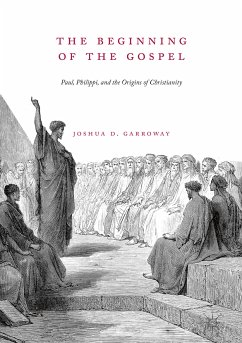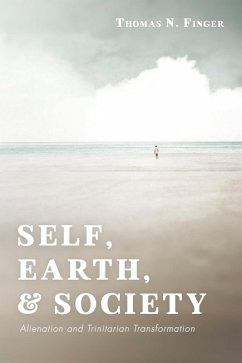
Self, Earth, and Society (eBook, PDF)
Alienation and Trinitarian Transformation
Versandkostenfrei!
Sofort per Download lieferbar
24,95 €
inkl. MwSt.
Weitere Ausgaben:

PAYBACK Punkte
12 °P sammeln!
Our era is experiencing unparalleled and rapid transience. The twentieth century began with the telephone and ended with e-mail. People change jobs and homes a half-dozen times or more in their lives. Air and water pollution are threatening the well-being of the earth itself. Wars, their multiplying refugees, and political crises are tearing societies apart. If there is a key word for our era, it might be alienation. Amid increasing and often chaotic complexity, individuals struggle to attain an integrated, stable self with durable relationships. An expanding ecological consciousness reveals o...
Our era is experiencing unparalleled and rapid transience. The twentieth century began with the telephone and ended with e-mail. People change jobs and homes a half-dozen times or more in their lives. Air and water pollution are threatening the well-being of the earth itself. Wars, their multiplying refugees, and political crises are tearing societies apart. If there is a key word for our era, it might be alienation. Amid increasing and often chaotic complexity, individuals struggle to attain an integrated, stable self with durable relationships. An expanding ecological consciousness reveals our estrangement from the earth. Societies are internally divided by clashing political and economic perspectives and processes. This profound and important book recognizes and reveals the connections among these three alienations. Thomas Finger undertakes a probing "critical conversation" with culture and develops his own public theology. Each alienation is analyzed in depth through the writings of "secular" authors. His theological construction draws neither on modern philosophy nor worldviews, but, perhaps surprisingly, on Scripture. To support his emphasis on Christ, Finger engages the skepticism of the much celebrated "Jesus Seminar." He rejects the widespread claim that Christianity's transcendent God is largely absent from the world and legitimates human exploitation of it. For transcendence means that God is different, but not distant, from the world. Finger then examines the roles of Jesus' Father and Spirit in his earthly ministry. In this and later scriptures, these three act, and interact, in a salvific manner that can only be divine. This means that his Father and Spirit also suffer with Jesus in his death, and with all creation, as Jurgen Moltmann brilliantly explains, and accompany him in his resurrection. This also means that the creation exists in God, as some feminists maintain, and originated as the overflow of God's love and character into a realm which was hardly distant from God, yet very different. In addition, this entails that every human self and the process of becoming a self, as God's creations, must be respected, as indeed must all earthly creatures, and the basic structures needed to form and maintain any society. "Theological developments in the last decade have done much to critique misguided biblical interpretations which would justify unbridled human exploitation and abuse of creation. But work in exploring how an understanding of a trinitarian, transcendent God results in creative and caring relationship between humanity and creation has been less developed. "In discussing these matters with Dr. Finger, I am convinced that his proposed work holds the promise of meeting an important need within global theological discussions today. Further, I know that Dr. Finger is fully capable of accomplishing this project. Thus from my vantage point, where I have the opportunity of hearing theological discussions on these subjects from the major Christian traditions and from throughout the globe, it is clear that Dr. Finger's proposal will fill a theological void, and enrich our search for truth." --Wesley Granberg-Michaelson, Executive Secretary, Commission on Church and Society, World Council of Churches, 1988-1994, General Scretary, Reformed Church in America, 1994-2011
Dieser Download kann aus rechtlichen Gründen nur mit Rechnungsadresse in A, D ausgeliefert werden.




